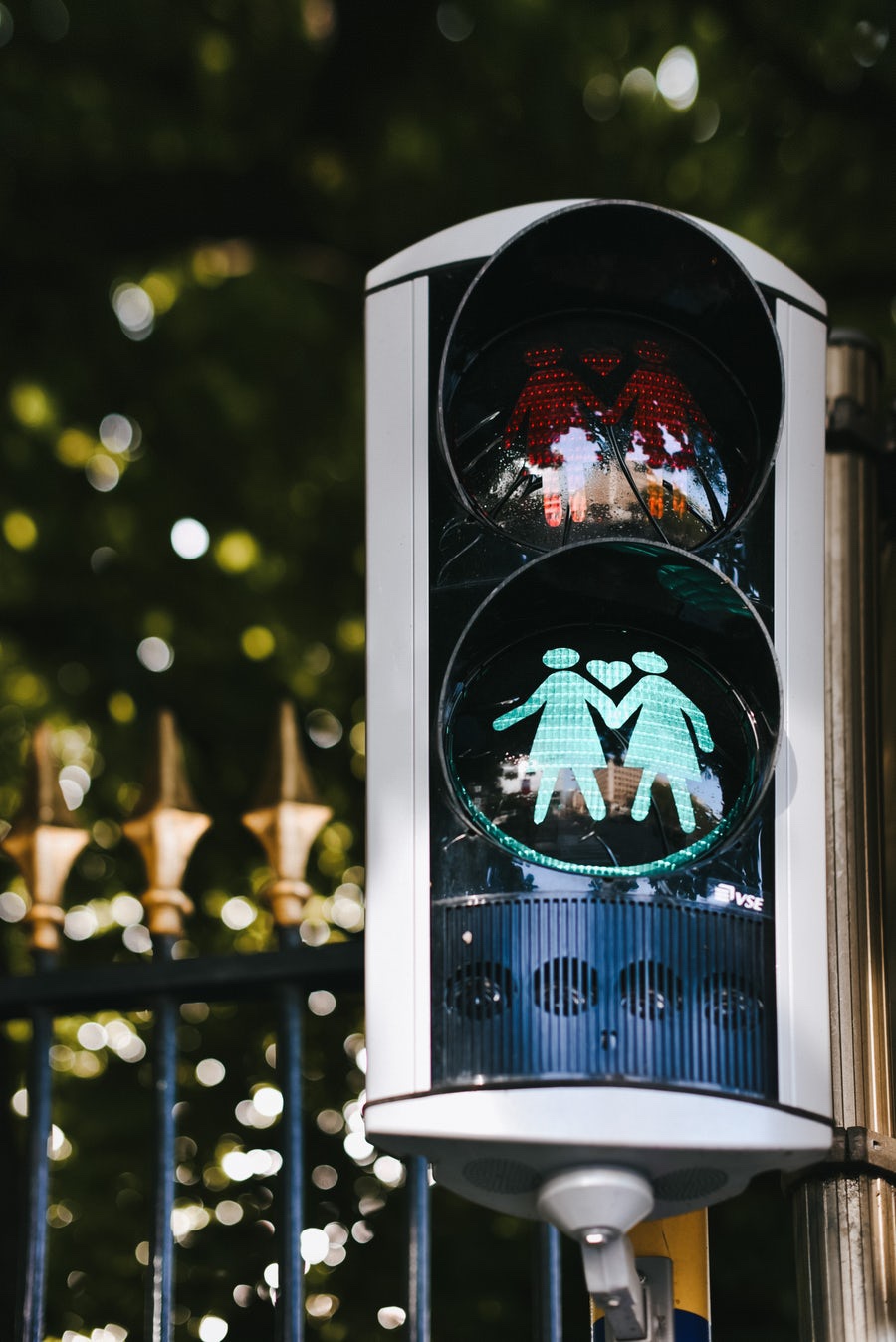British Overseas Territories could be compelled to recognise gay marriage following landmark ruling in the Cayman Islands.
The Cayman Islands has legalised same-sex marriage after a judge ruled prohibitions on such relationships were unconstitutional. Following multiple legal battles, on March 28, 2019 Chantelle Day and her fiancée Vickie Bodden Bush won a landmark case in that jurisdiction after a judge ruled that the Cayman Islands constitution provides that same-sex couples have the right to marry.
Ms Day, who is the daughter of a Caymanian mother and British father and Ms Bodden Bush, who is British and who resides in the Cayman Islands on a work permit, were refused a marriage licence in April last year. Had the couple married in the UK where Ms Bodden Bush is from, their union would not have been be recognised in the Cayman Islands. Following the refusal, they filed an application in the Grand Court of the Cayman Islands for a judicial review of that decision seeking a declaration that they are entitled to marry and that the government acted unlawfully.
The case is being hailed as a major victory for equal rights. As a result of the ruling, the Marriage Law in the Cayman Islands was modified with immediate effect. In his ruling, chief justice Anthony Smellie ordered that section 2 of the Marriage Law be amended to change the definition of the term “marriage” to mean “the union between two people as one another’s spouses” and he reiterated that the constitution must be supreme.
The case follows a similar judgement handed down last year in Bermuda, another British Overseas Territory, when the Supreme Court legalised same-sex marriage. Of the 20 jurisdictions over which the UK has a legal relationship, 15 now permit same-sex marriage, Northern Ireland allows civil partnerships, while four – the British Virgin Islands, Montserrat, Turks and Caicos Islands and Anguilla – do not allow either marriage or civil partnerships.
Peter Laverack, a barrister who acted on behalf of the couple, said that the court ruling brings the other British Overseas Territories that fail to accept same-sex relationships into focus. He is of the opinion that the continual refusal by those jurisdictions to legislate in favour of same-sex marriage meant those territories were inadvertently causing the UK government to breach its obligations under the European Convention of Human Rights.
A Foreign and Commonwealth Office spokesperson said the department welcomed the decision.




